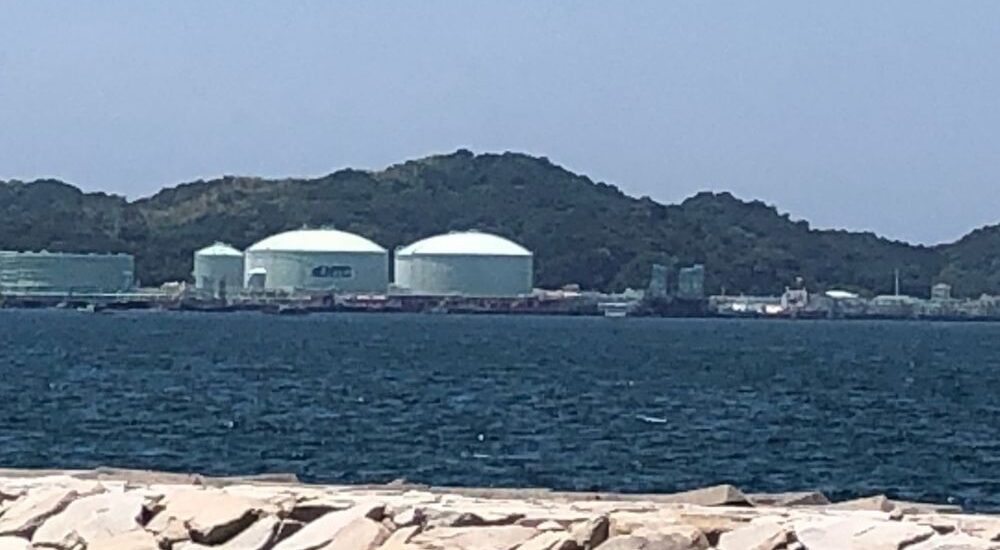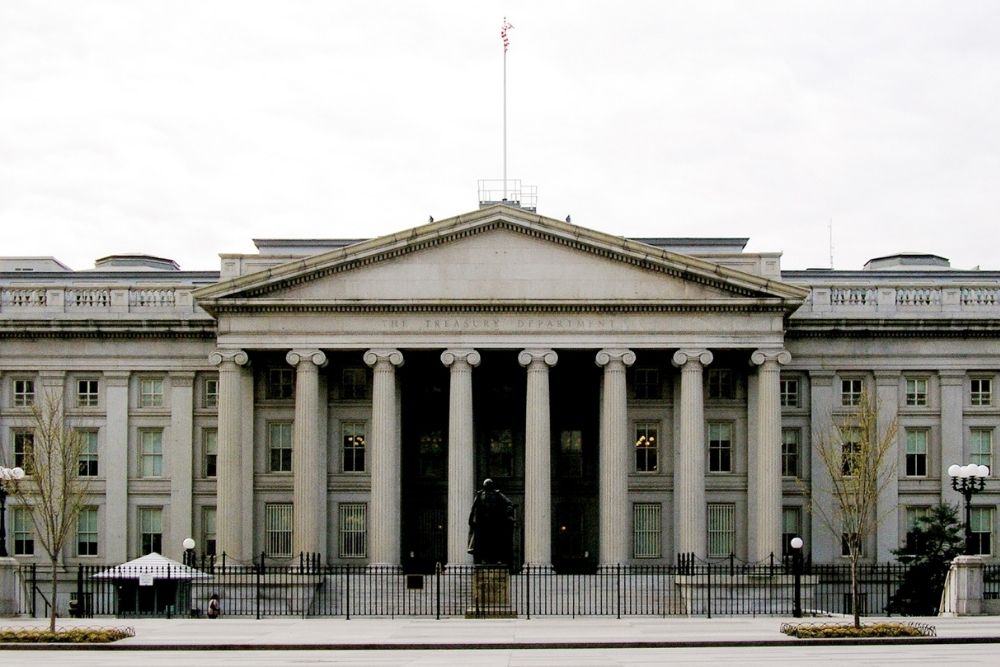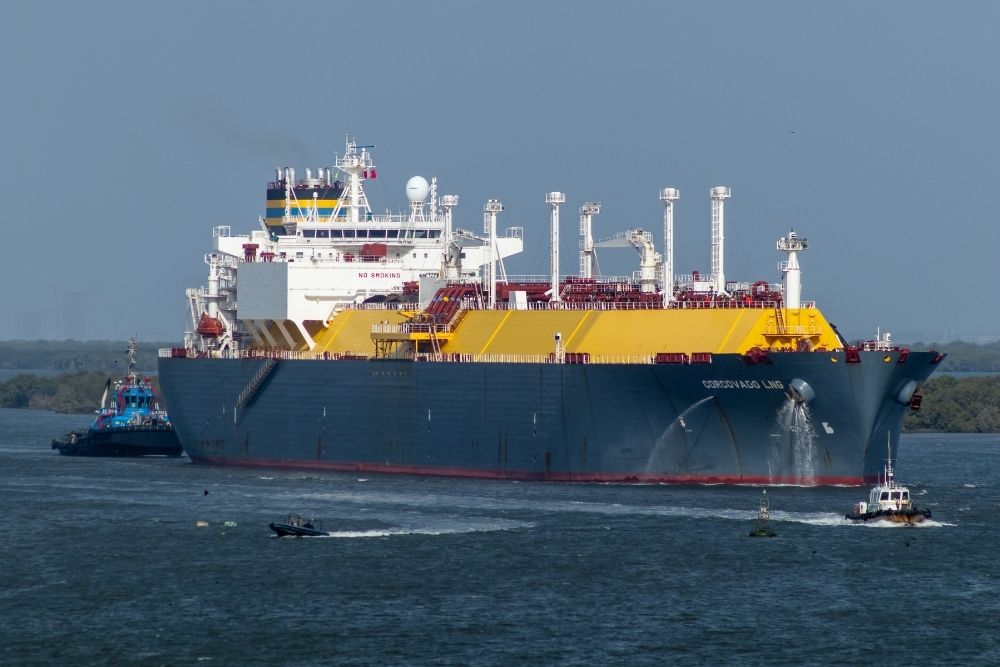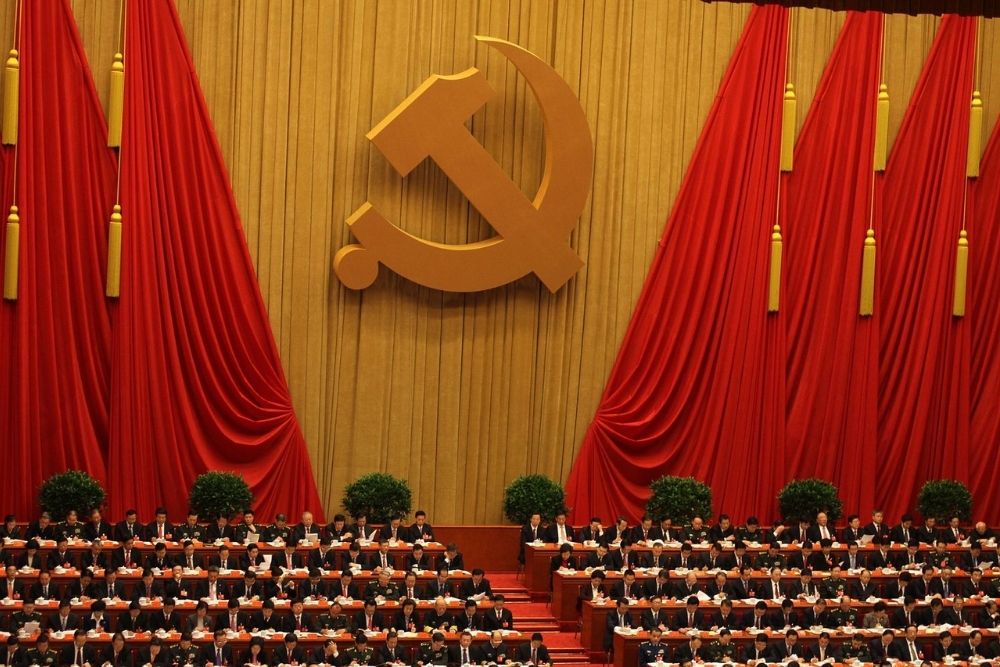Japan’s Mitsubishi looking into converting terminal into ammonia import hub
- October 2, 2023
- Posted by: Quatro Strategies
- Categories: Asia Pacific, ESG & Renewable Energy

Mitsubishi, a major Japanese trading house, is actively considering the transformation of the Namikata terminal near Hiroshima into a significant fuel ammonia import hub. In this strategy, Japan perceives ammonia, which can also be derived from hydrogen, as a pivotal element in its path towards achieving net-zero emissions. This aligns with a broader vision of integrating ammonia into its energy landscape, often in conjunction with coal, in a test initiative that Japan aims to expand across the nation.
The importance of ammonia is underlined by its potential as a clean fuel source and as a carrier of hydrogen, which is increasingly being recognized as a key element in achieving carbon neutrality.
In a significant move, Mitsubishi has recently signed a memorandum of understanding with Switzerland-based Proman to explore and analyze the potential of a clean ammonia production project in Lake Charles, United States. If successful, this Lake Charles project could potentially commence operations by the late 2020s and could supply ammonia to Japan, further underlining the strategic global perspective of this endeavor.
Japan’s ambition is substantial, aiming to grow domestic ammonia consumption to 3 million metric tons annually by 2030. Mitsubishi, a major player in Japan’s corporate landscape, is meticulously studying the feasibility of transforming the Namikata terminal to accommodate ammonia from potential production projects located in Lake Charles and Corpus Christi on the Gulf of Mexico coast in the United States.
This represents a strategic vision to establish an ammonia terminal at the initial stages of the fuel ammonia market, creating a low-cost ammonia import hub with the capability to handle large vessels.
In this envisioned scheme, the Namikata terminal would be adapted to handle ammonia tanks, effectively repurposing its existing LPG storage capacity. By doing so, the facility could potentially handle around 1 million metric tons of ammonia per year by 2030.
The conversion of this terminal into a robust import hub for fuel ammonia marks a vital step in Japan’s vision to incorporate this green fuel into its energy landscape and accelerate its transition towards a more sustainable and cleaner future. This strategic endeavor by Mitsubishi significantly aligns with Japan’s broader goals and reflects the crucial role that ammonia is expected to play in the future of energy.
QUATRO Strategies International Inc. is the leading business insights and corporate strategy company based in Toronto, Ontario. Through our unique services, we counsel our clients on their key strategic issues, leveraging our deep industry expertise and using analytical rigor to help them make informed decisions to establish a competitive edge in the marketplace.
Interested in learning more?
Sign up for Top Insights Today

Top Insights Today delivers the latest insights straight to your inbox.
You will get daily industry insights on
Oil & Gas, Rare Earths & Commodities, Mining & Metals, EVs & Battery Technology, ESG & Renewable Energy, AI & Semiconductors, Aerospace & Defense, Sanctions & Regulation, Business & Politics.



